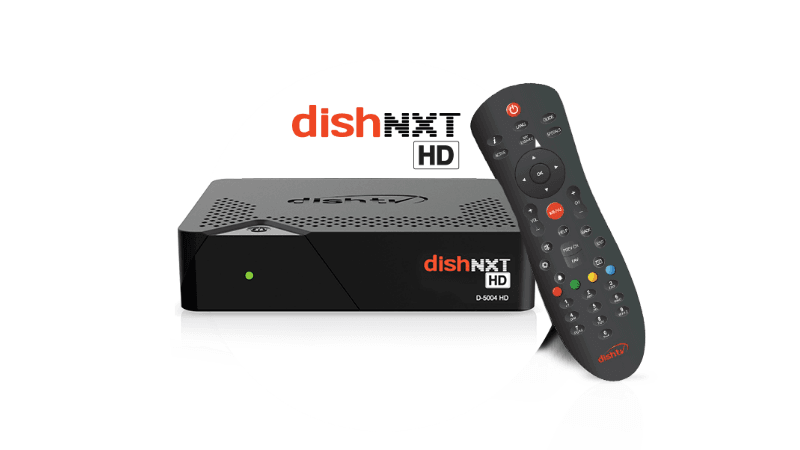Understanding How Multi-TV Connections Work So firstly, it is imperative to understand the pricing structure and the significance of multiple TVs in the DTH industry. Multiple TVs are numerous connections which are bought by the subscribers under a single name for the same address, to be used by different people in the house or only in different rooms. Under multiple TV connections, there is usually a parent connection and a child connection, where the latter depends on the former which is generally the one receiving the signal directly from the antenna. Dish TV Multi-TV Policy Details Now Dish TV has a unique multiple TV connection policy because it is simply the most economical option in the market. Even in our overhaul of the DTH operators, where we compared all the DTH players in the market after the new framework, for any subscriber who wants to have multiple connections at their home, getting a Dish TV would make the most sense. This is simply because the customer will be able to get up to four multiple TV connections at his home and there only will be a flat NCF of Rs 50 for the secondary connection. This means that you will be paying full subscription amount for the primary or the parent connection to Dish TV, but for every subsequent connection which will depend on the parent connection, you will be required to pay a flat Network Capacity Charge of Rs 50 only. You will have the option to mirror the channels of the parent connection on this set-top box, or you will also be able to access different content, but what makes this offer attractive is the flat NCF pricing. Notably, Dish TV has informed that a subscriber will be able to have a maximum of 3 child connections under a primary connection, thus a total of 4 connections per home. Multi-TV Policy of Tata Sky and Airtel Digital TV: Comparison This multi-TV policy is also very attractive as compared to other providers since Tata Sky has a different way of pricing multiple connections which levies a charge of Rs 153 for every secondary connection. Airtel Digital TV, on the other hand, is charging an NCF of Rs 80, but this won’t be a flat NCF meaning that the subscriber might have to pay higher than this depending on the number of channels he selects. So, as you can see, the multi-TV offer of Dish TV, which also applies to D2h, remains the most attractive one in the market right now.
